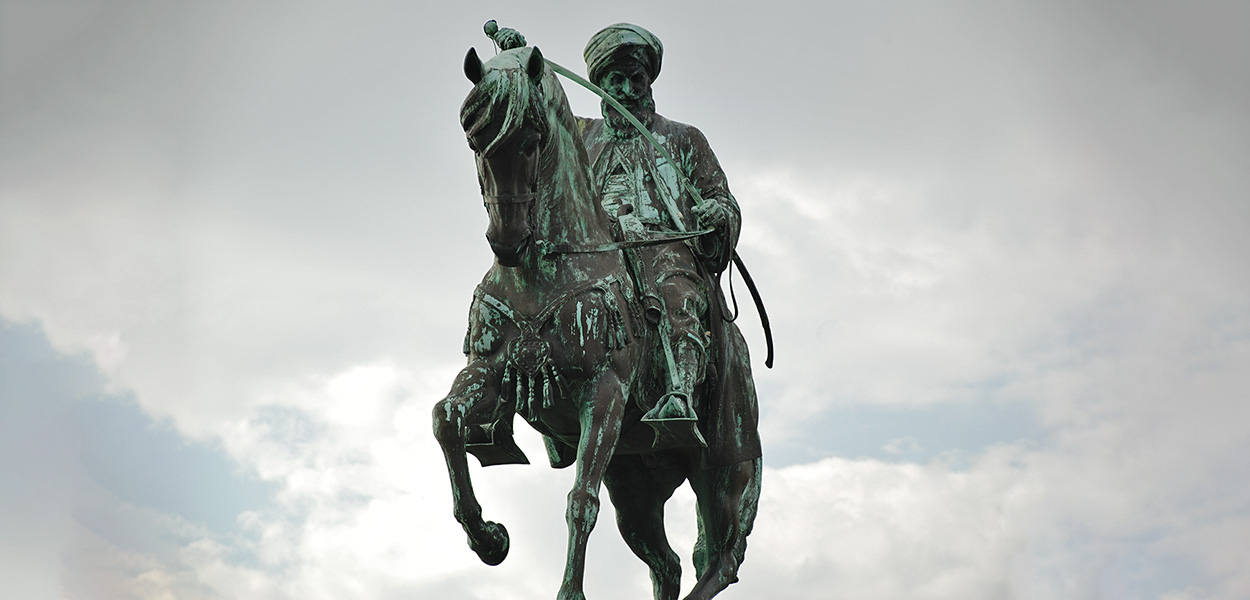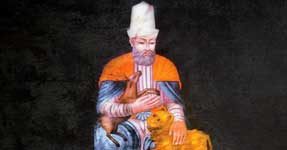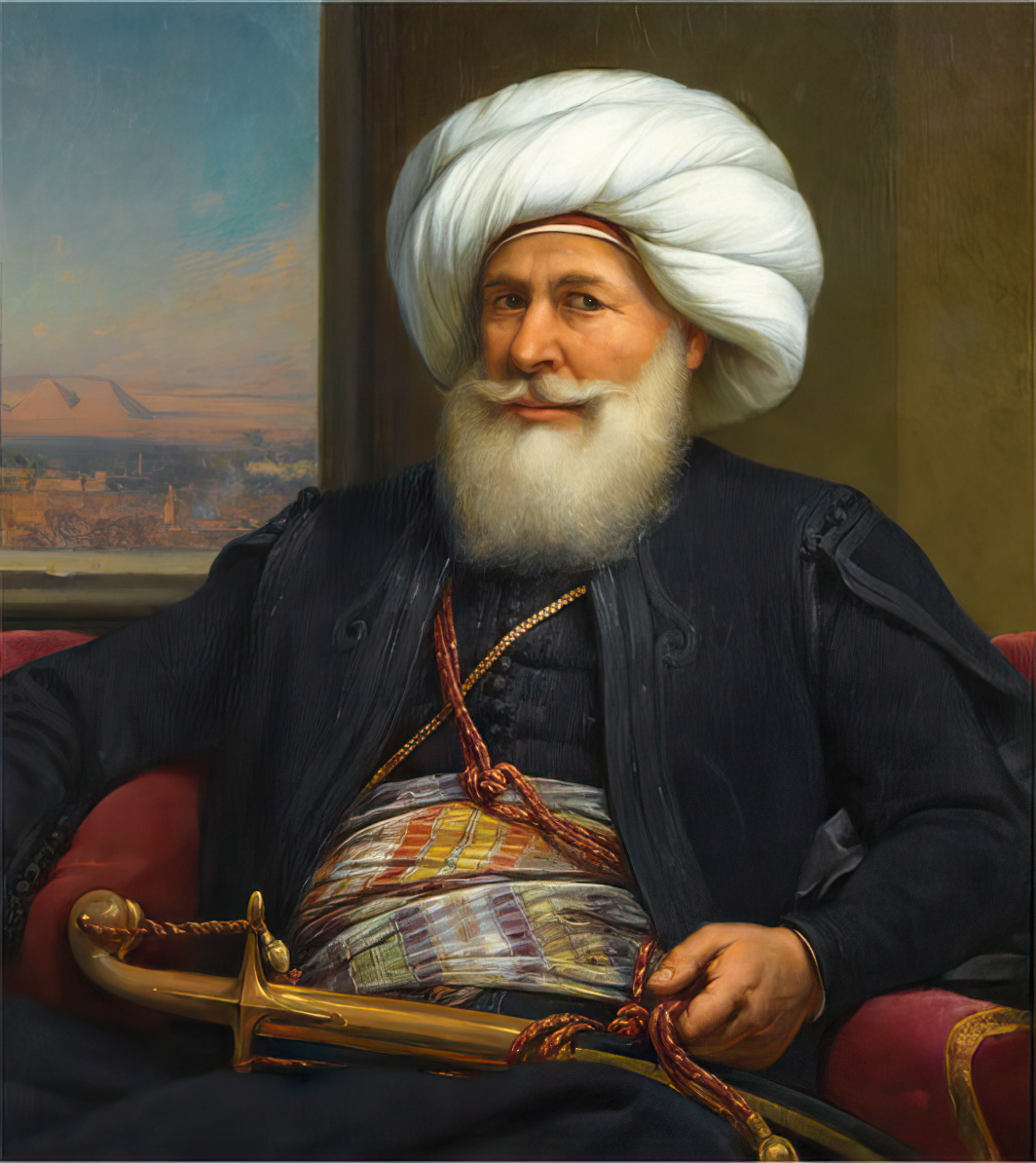
MOHAMMED ALI PASHA
Mohammed Ali, the founder of the dynasty which ruled Egypt until 1952 and a major figure in the Eastern Mediterranean in the first half of 19th c. was born in Kavala in 1769. He was involved in the tobacco industry, while he was being promoted in the army by his uncle, who was the chief of guard of the city. Mohammed Ali was a brave, cunning and ambitious man who assumed a leading role in the developments in Egypt upon the departure of the French from the country (1801-1805) and eventually became the governor (Wāli), a title granted to him by the Sublime Porte in 1805. From his position, he managed to subdue the Mamluks in 1811 and gained absolute control of the land. He expanded the borders of the Empire through the annexation of Sudan to Egypt in 1820-1821 and introduced reforms and innovations that changed the face of the land.
Inspired by Western models he had the army equipped and trained to the highest standards. He recognized agricultural production, introduced new crops, such as long fiber cotton, and took measures to encourage industry and trade. He pursued a secular educational system with the establishment of vocational schools and Universities. His policies of religious tolerance towards the vibrant communities of Greeks, Jews and Armenians led to a new wave of immigration.
The improvement of the living standards for the wider population, along with the strengthening of the international position of Egypt, set the basis for the awakening of the deep-rooted national consciousness in the country. Mohammed Ali clashed with Sublime Porte in 1831 over the control of Syria and Asia Minor, but due to the intervention of the Great Powers he conceded on the condition that he and his family would be granted by Sultan Abdul Mecid the title of hereditary ruler of Egypt (Khedive). He died in Cairo in 1849.







